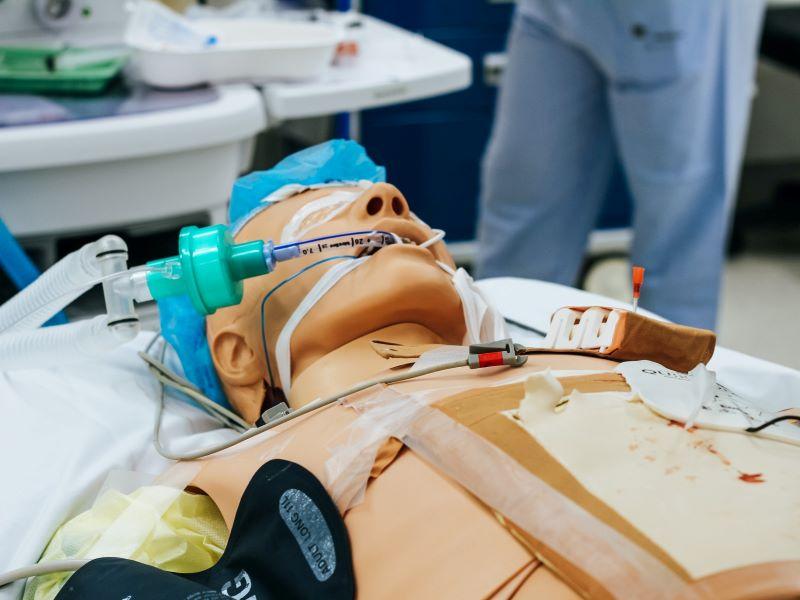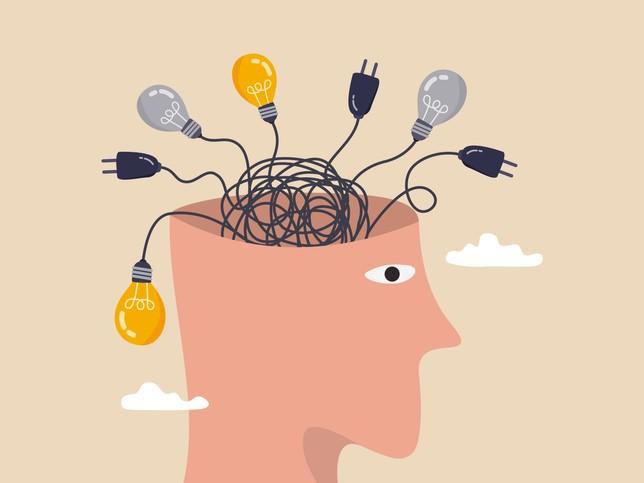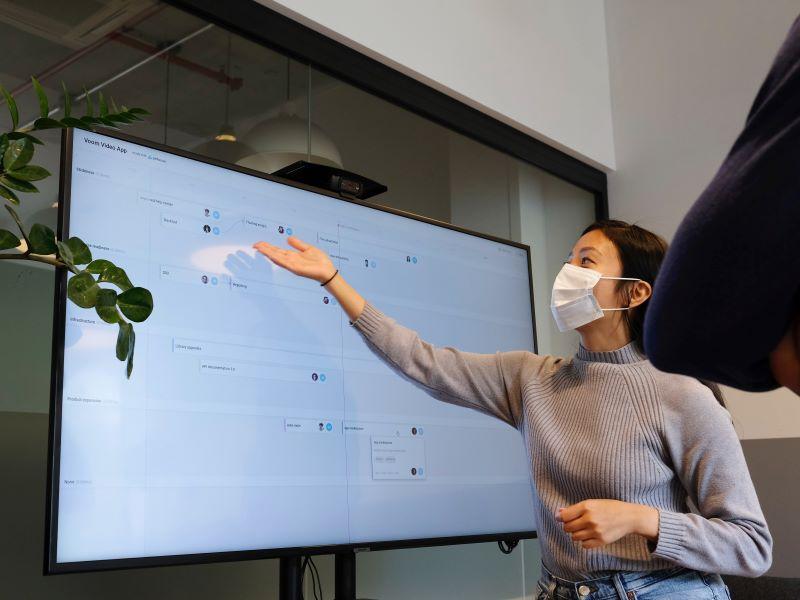
Struggle, strength and growth: safety as an engine for change

You may also like
A safe environment, where personal perspectives and experiences can be explored and discussed creatively and with purpose, can help students prepare for and face developmental, transitional and career-related challenges. Disclosure – the act of voluntarily sharing personal material – can take time (and sometimes it never happens). Creating a psychologically safe environment is therefore vital to encourage students to approach socio-emotional topics and to share their inner experiences in the learning process.
This is the second article in a four-part series. Our first advice resource focused on the importance of appreciating the psycho-social-emotional aspects of personal and professional development, and our school’s pilot psychosocial intervention programme, which nurtures students’ readiness and personal resources to embrace major life’s transitional challenges.
This piece introduces the key features and considerations for the implementation of an intervention programme. Tailored to the needs and challenges faced by higher education students, Sailing through Life and My Career Path (SLCP) enables a safe space for discussion. It includes face-to-face sessions led by trained facilitators as well as independent self-reflective learning.
- Resource collection: How to chart a course through crisis
- Questions beyond majors: developing mental maturity in students
- Develop the skills of the future through challenge-based learning
Based on our experience, we put together a list of strategies and techniques that can help to create the feeling of safety.
The paradox of emotional expression and cultural sensitivity
The benefits of emotional expression, whether verbally or in writing, shared or in private, are well documented. These include reduced stress and anxiety, improved physical and mental well-being, better social satisfaction and quality, and deeper personal insights and meaning-making.
However, research shows that expression may also intensify distress, interfere with active coping efforts and have a detrimental impact on interpersonal relationships. Emotions are inextricably linked with culture. Facilitators need to be sensitive that certain cultural backgrounds may prioritise emotional control and restraint over emotional disclosure and expression for reasons such as wanting to preserve social harmony or out of fear of social stigma. Personal disclosure should be a voluntary act that is guided with thought, purpose and sensitivity. Participants should not be made to feel uncomfortable, pressured or overwhelmed in sharing personal material in a group setting.
The importance of a good brief
An introductory session helps create a welcoming and relaxed environment for the programme. And an interactive icebreaker activity along with the opportunity to ask questions gives the students a chance to interact. Such a session will help participants to bond and establish a sense of community, as well as easing the stress and anxiety associated with novel experiences. It engages the learners early on for increased preparedness and readiness for change.
While the primary aim of getting participants together is to provide them with important information (such as the schedule and structure, intervention content, progression for the sessions, venues and group allocation), encouraging participants and facilitators to get acquainted is equally important.
A variety of learning modes for inclusivity and diversity
Students learn and process information differently, so sessions should offer a range of activities. All SLCP sessions include an icebreaker, signature activities using facilitation techniques based on intervention stage and targeted themes, and session conclusions and debriefings. These focus on consolidating intervention experience and progress.
Learning takes place in small groups (guided by professionals) and independently (self-reflection exercises) in modes that are verbal (for example, discussions and sharing of personal experiences) and non-verbal (such as creativity exercises) to help ensure that everyone is included in the learning process.
Facilitation skills and techniques to drive inner change
To navigate group dynamics and promote the process of change, facilitation skills and techniques are used to create the feeling of safety:
- Reflection for self-discovery: Reflection is a powerful practice that helps us observe, understand and evaluate our own cognitive, emotional and behavioural processes. Intervention activities, such as journal writing and Socratic questioning, that engage participants in reflective dialogues can help them explore aspects of their identity in the past, present and future.
- Strength-based approach: Research shows that character strengths can buffer stress associated with adversity and suffering, and lead to resilience, self-efficacy and optimism. Throughout the SLCP intervention programme, facilitators encourage participants to be aware of and apply their own strengths to help them feel empowered, energised and more connected to themselves.
- Co-construction for change: Narratives deepen introspection, which helps us make sense of our life experiences and to search for our directions and strategies for change and personal growth. In collaboration with the facilitators, participants are encouraged to refine or reconstruct their interpretation of events and experiences, and to discover alternative narratives that can inform new life directions.
- Making sense of emotions: Facilitators frequently encourage participants to pay attention to their inner experiences, and to recognise, acknowledge and share their emotions. Having a deeper understanding and appreciation of the value of these emotions helps participants integrate their personal and career identities.
Debriefing as an important learning component
Debriefing is as important to learning as the intervention activities. At the end of each session, facilitators provide a conclusion and a group debriefing to draw out key learning points and to help participants feel validated and understood, thus enhancing a sense of trust, order and safety for the group.
Kathleen Chim is programme director and associate head of the division of health; Lai Tsz Chui is a part-time research associate; and Benjamin Tak Yuen Chan is dean. All are in the Li Ka Shing School of Professional and Continuing Education at Hong Kong Metropolitan University.
If you would like advice and insight from academics and university staff delivered directly to your inbox each week, sign up for the Campus newsletter.


